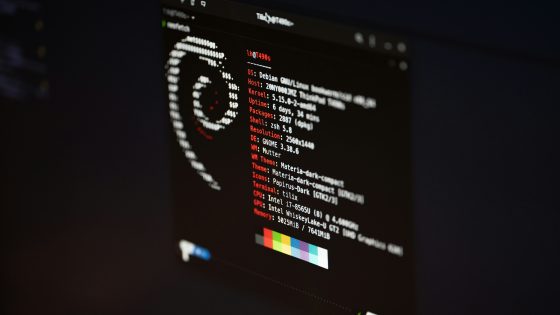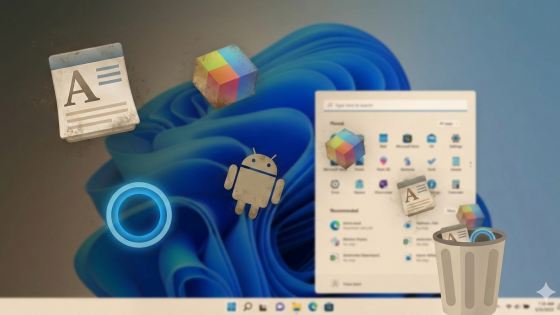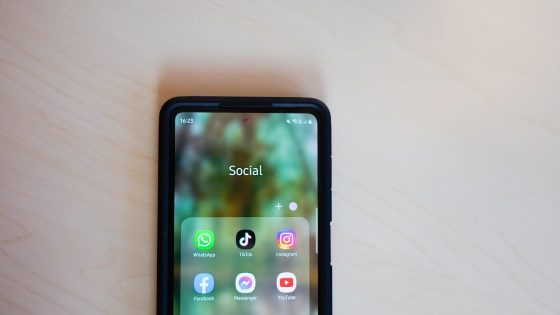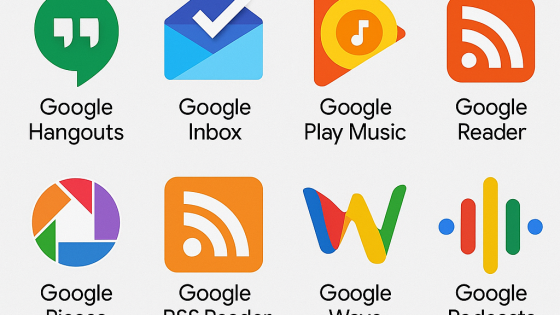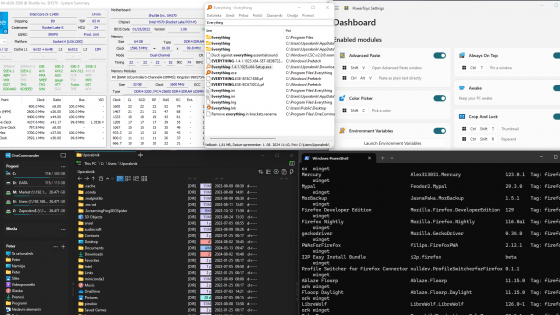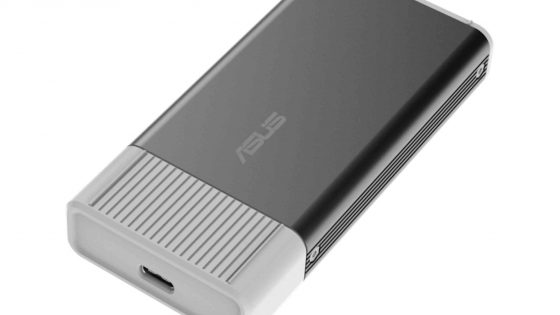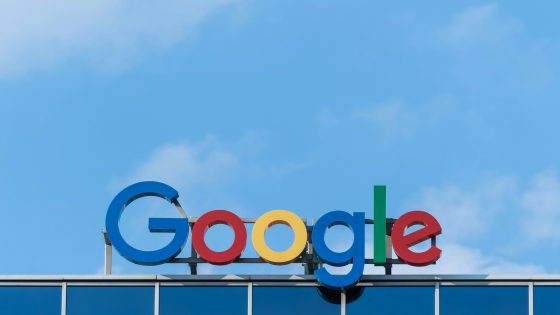Instagram and Facebook will no longer share our data
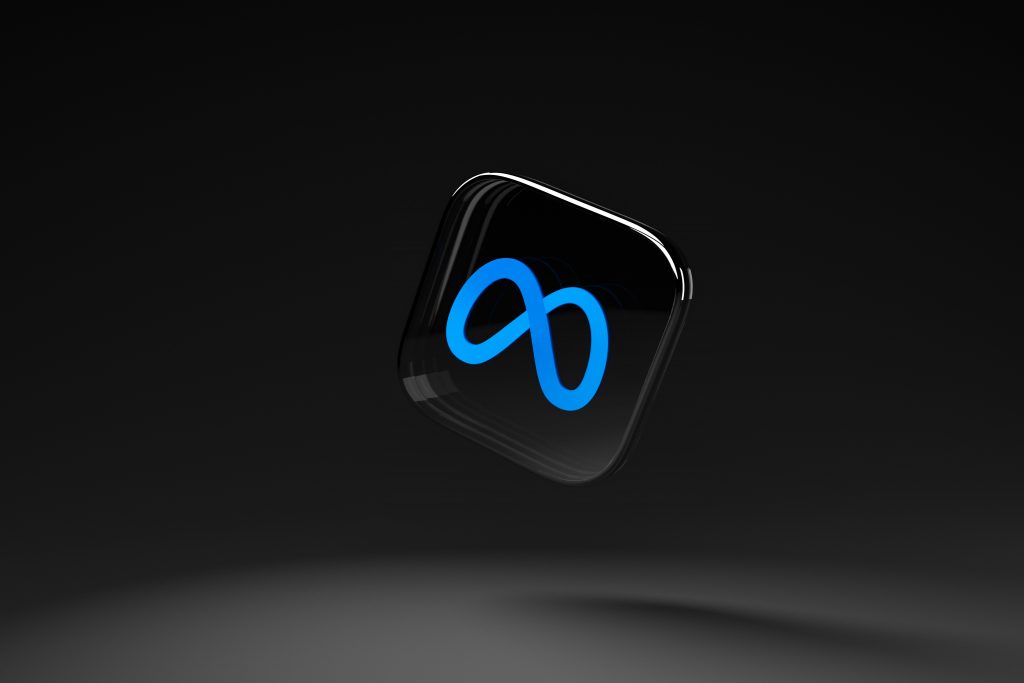
Under the changes brought by the new Digital Markets Act, users will also be able to split their Marketplace and Facebook Gaming accounts, although parent company Meta says that in some cases this will limit functionality.
Users in the EU will also be able to disconnect their Instagram and Facebook accounts and other Meta services before the new Digital Markets Act (DMA) takes effect in March this year. The changes will apply in the European Union, the European Economic Area and Switzerland, and notices informing users of the change will appear in the coming weeks.
The changes mean that users in the EU will be able to use many of Meta's services without their data being exchanged between them. For example, people will be able to use Facebook Messenger as a standalone service without a Facebook account. However, if they have had their Facebook and Instagram accounts linked up to now, they will be able to change that. (Meta states that such account linking is used for features such as targeted advertising, customizing recommended content, and sharing posts).
Facebook Marketplace and Facebook Gaming users will also be able to use the services without pulling information from their main Facebook accounts, but Meta says that in both cases this will result in reduced functionality. For example, if you're going to use Marketplace without using your Facebook data, you'll need to communicate with buyers and sellers via email rather than Facebook Messenger, as is the norm now. If Facebook Gaming users remove their data from Facebook, they will be limited to single-player games.
Meta's news follows a similar announcement by Google, which earlier this month said it would allow users to stop data sharing between services such as its search engine, YouTube, Google Maps and Chrome. In both cases, the changes are a result of the Digital Markets Act, which will fully come into force on March 6. Meta and Google's holding company Alphabet were on a list of six companies designated as "gatekeepers" under the DMA last September.
Meta also announced in early December that it would no longer allow Instagram and Facebook users to send messages through the services anywhere in the world, although in that case the company did not cite DMA as the reason for the change. In November, Meta also introduced an ad-free paid subscription option for Facebook and Instagram in the EU, citing unspecified regulatory changes.
In addition to regulating how gatekeepers can exchange data between their services, the new Digital Markets Act includes a wide range of rules aimed at improving competition and leveling the playing field for companies that rely on gatekeepers to offer their services. Other major changes expected in the EU under the new act include making messaging services like WhatsApp and Facebook Messenger interoperable with competitors, and forcing Apple to open up its iOS operating system to more customization options.



